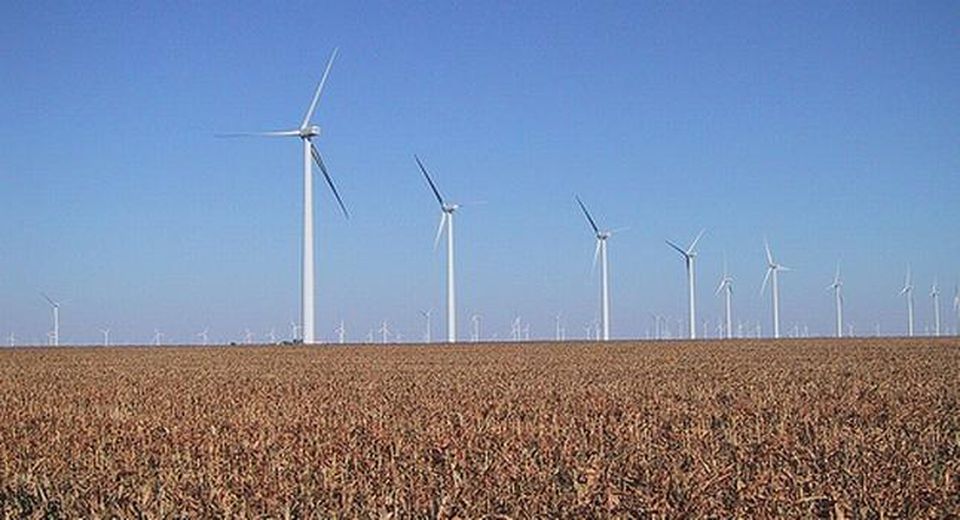A new startup in Bitcoin mining hopes to become one of the largest mining operations in the world, thanks to the help of a large investment from billionaire Peter Thiel. Thiel, perhaps best known for being the co-founder of PayPal, helped raise $50 million for San Francisco-based Layer1 to begin executing a plan for a Bitcoin mining facility that could rival some of the most powerful mining operations in the world. Layer1 now plans to focus their efforts on developing a facility in Texas that could become the global hub of Bitcoin mining.
For years, China has been recognized as the leading power in mining Bitcoin thanks to a number of large mining companies, as well as manufacturers who produce chips and equipment used in the mining process. This process requires a large amount of electricity, and thanks to lax regulations for energy consumption, China has risen to power in the Bitcoin industry. Bitcoin mining needs to be completed under the right conditions, and China has consistently provided those conditions. In addition to the large consumption of energy, large mining operations require cooler temperatures in order to prevent equipment from overheating. This may raise some questions surrounding Layer1’s interest in the state of Texas, however, new technology could provide the solutions needed to give the startup the foothold it needs to compete.
Plans to Compete
Alex Liegl, co-founder of Layer1, told Fortune.com that the proposed Layer1 facility would be established 150 miles west of Midland, Texas and would span dozens of acres. In order to deal with the warm climate, new proprietary technology would be used to cool the chips being used to mine Bitcoin. Despite the warm temperatures, Texas offers a number of benefits for the proposed facility, including inexpensive power, as well as more lenient power consumption regulations. Another huge advantage that Texas offers is the fact that 16 percent of the state’s power comes from a renewable source: the wind. As it stands, the startup company already holds a number of electricity substations and property throughout the state of Texas. Layer1 hopes to use these existing areas to harness the state’s wind power to help power its new mining facility, while relying on traditional power options as a backup.
The primary objective for Layer1 is to control all aspects of the Bitcoin mining process. Through the combination of wind energy and proprietary technology, the company hopes to be able to produce its own electricity in order to manufacture the chips needed for mining. As it stands, China is responsible for 60 percent of Bitcoin’s hash rate, which measures the number of hash operations completed during the mining process. Additionally, China is responsible for all of the hardware production for the facilities contributing to that figure. Comparatively, the United States’ hash rate is less than 5 percent. With the help of Thiel’s investment, Layer1 hopes to raise that to over 15 percent.
The Current State and Future of Bitcoin Mining
When Bitcoin was first introduced in 2009, anyone could start a mining operation through the use of a laptop. The process requires a computer to solve random math equations, which in turn determine who will build the next block in the Bitcoin blockchain. The purpose of this is to maintain a ledger that cannot be tampered with, while keeping a record of all transactions. As a reward for solving the math equations, the user receives a reward in the form of Bitcoin. Over the years as Bitcoin grew in popularity, large companies began dedicating resources to solve these equations. Without the strict energy consumption laws that exist in the United States, China has risen to power in the Bitcoin mining industry.
By establishing a strong Bitcoin mining set up within the United States, Liegl hopes to spark a wide acceptance of the commodity, thus increasing its value. The mining of the cryptocurrency in the nation itself could make it less intimidating to people who are still on the fence about its value. Additionally, increasing the amount of Bitcoin mined in the United States would further decentralize the cryptocurrency, taking some of the mining opportunities away from China. As it stands, there is no timetable for when the facility will be completed or when Layer1 expects to be competing in the mining industry, but the large investment certainly bodes well for the future.

